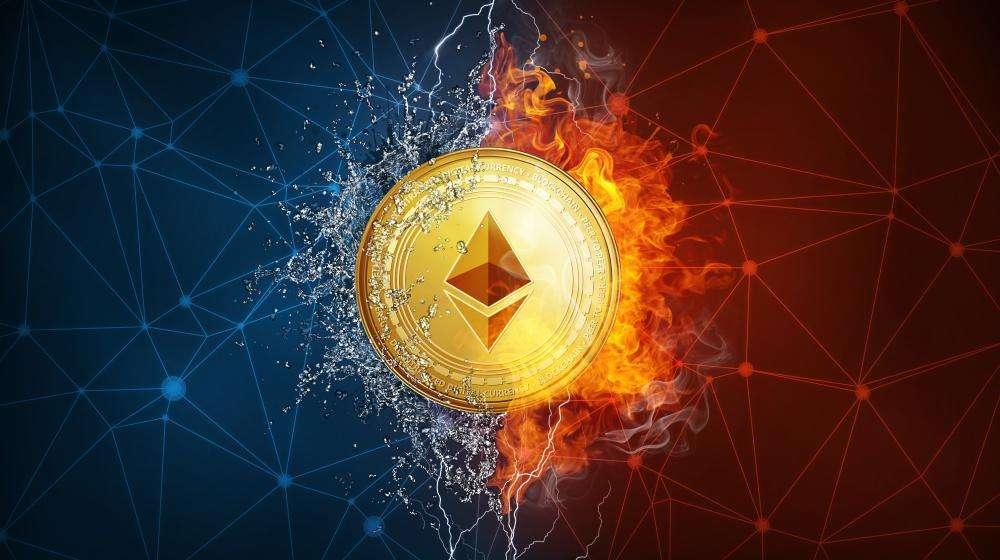Blockchains and smart contracts can’t get information from outside of their organization. To realize what to do, a Smart Contract regularly needs access to in-development from the rest of the world that is relevant to the authoritative arrangement, as electronic information, additionally referred to as oracles. These oracles are services that send and check real-world occurrences and present this data to smart contracts, setting off state changes on the blockchain.
Oracles feed the smart contract with external data that can trigger predefined activities of the smart contract. This external data stems either from so product (Big-data application) or equipment (Internet-of-Things). Such a condition could be any information, similar to weather temperature, successful payment, or value fluctuations. In any case, note that a smart contract doesn’t sit tight for the data from an external source to ow into the framework. The contract must be conjured, which implies that one needs to spend network assets for calling data from the rest of the world. This prompts network transaction costs. On account of Ethereum, this would be “gas.”
There are various sorts of Blockchain oracles:
Programming Oracles
handle data information that begins from online sources, similar to temperature, costs of commodities and goods, flight or train delays, and so forth The so ware oracle separates the required data and drives it into the smart contract.
Hardware Oracles
Some smart contracts need data straightforwardly from the actual world, for instance, a vehicle crossing a boundary where movement sensors should detect the vehicle and send the information to a smart contract, or RFID sensors in the supply chain industry among else.
Inbound Oracles
Give data from the external world.
Outbound Blockchain Oracles
Give smart contracts the capacity to send data to the rest of the world. A model would be a smart lock in the actual world, which gets payment on its blockchain address and needs to unlock consequently.
Consensus Based Blockchain oracles
Get their information from human consensus and forecast markets like Augur and Gnosis. Utilizing just one source of data could be dangerous and problematic. To keep away from market control, prediction markets execute a rating framework for oracles. For additional security, a blend of various oracles might be optimized, where, for instance, three out of ve oracles could decide the result of an occasion.
The fundamental challenge with oracles is that individuals need to confide in these external sources of data, regardless of whether they come from a website or a sensor. Since oracles are outsider services that are not a piece of the blockchain consensus mechanism, they are not dependent upon the basic security components that this public infrastructure gives. One could duplicate “man-in-the-middle attacks” standing between contracts and oracles.
The robustness assurance of this “second layer” is of the most extreme significance. Diverse trusted computing techniques can be optimized as a method of addressing these issues. Nonetheless, this subject will require more consideration, as secure prophets are a bottleneck for smart contract security. On the off chance that oracle security isn’t enough given, it will be a gem for inescapable smart contract implementation.
If you enjoyed this article, share it with your friends and colleagues!
Stay Connected!
Thank you!
#blockchain #bitcoin #cryptocurrency #crypto #ethereum #btc #forex #bitcoinmining #trading #money #cryptocurrencies #eth #bitcoinnews #bitcoins #investment #business #cryptonews #cryptotrading #coinbase #invest #investing #blockchaintechnology #entrepreneur #binance #nft #litecoin #forextrader #trader #bitcointrading #bitcoincash





